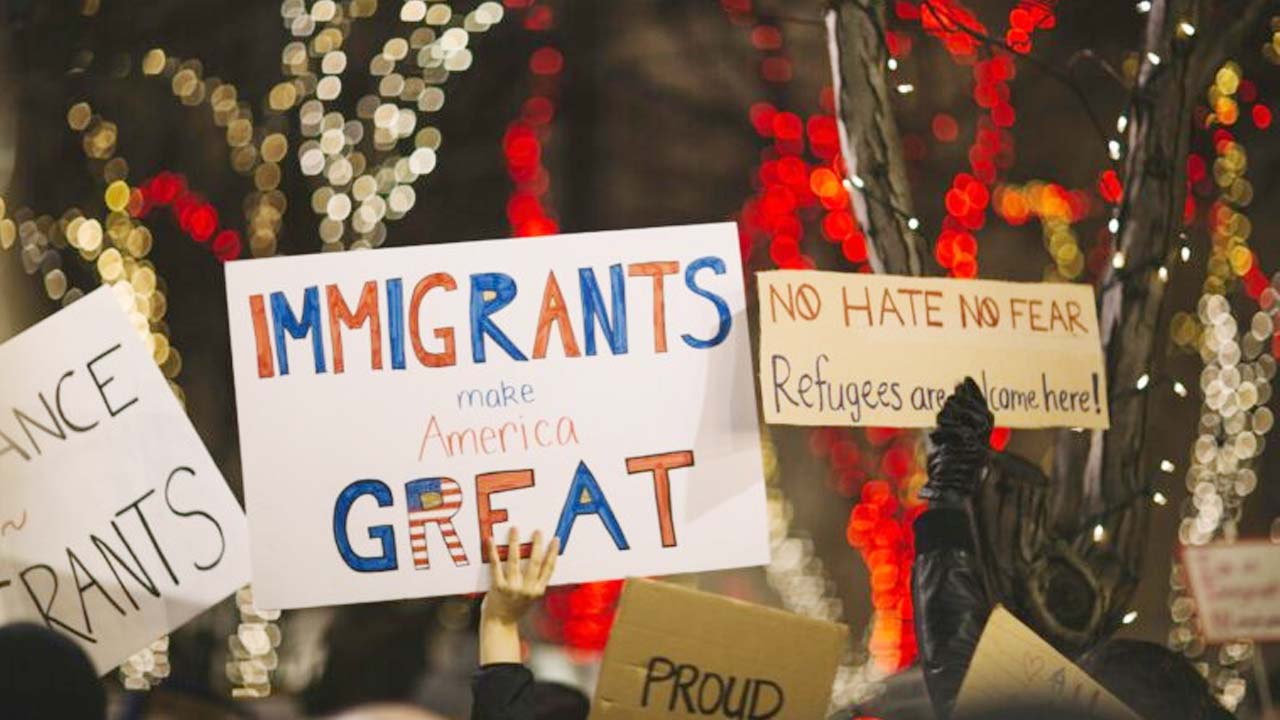
Springfield, Ohio: In recent days, Donald Trump and his Republican running mate, JD Vance, have intensified their false claims regarding legally admitted Haitian immigrants in Springfield, Ohio, igniting fears and leading to bomb threats and school evacuations. Trump has alleged that these migrants are threatening the American way of life, pledging massive deportations if elected. This rhetoric mirrors his earlier promise to deport between 15 and 20 million immigrants during his 2024 campaign.
The history of nativism in the U.S. is long and troubling, dating back to the 1850s with movements like the Know Nothing Party, which opposed immigrant Catholics. Throughout the late 19th and early 20th centuries, anti-immigrant sentiments were directed towards Chinese and Japanese immigrants, and later against Southern and Eastern European immigrants, with claims that they threatened American morals and society. These fears culminated in discriminatory immigration laws, particularly during the 1920s, which severely restricted the entry of these groups, leading to tragic consequences during the Holocaust.
While the Statue of Liberty symbolizes America's welcome to immigrants, significant xenophobic sentiments have emerged globally, as seen in instances of violence against immigrants in Europe and the U.K. This hostility often stems from discomfort with differences in skin color, culture, and language, making immigrants easy targets for misinformation and prejudice. Such sentiments have historically been exploited by politicians, particularly on the Right, where demagogues use fear of the "other" to galvanize support.
Nativism has often served as a political tool for right-wing parties facing challenges from growing leftist movements advocating for social and economic equality. As these leftist ideologies gained traction with the advent of democratic institutions, the Right resorted to stirring popular prejudices, including anti-immigrant sentiment, to divide and undermine the Left’s base. This strategy has historically worked, but its effectiveness in the upcoming 2024 elections remains uncertain amid tight poll numbers.
Ironically, in a nation largely built by immigrants, anti-immigrant sentiment is again a focal point in American politics, driven by figures like Trump and Vance. This resurgence highlights the enduring tensions surrounding immigration in the U.S., raising questions about the nation’s identity and future.











